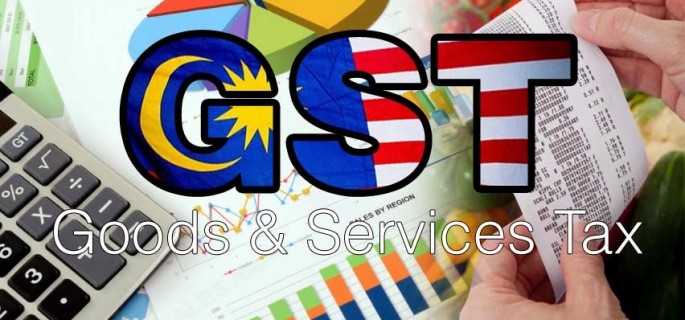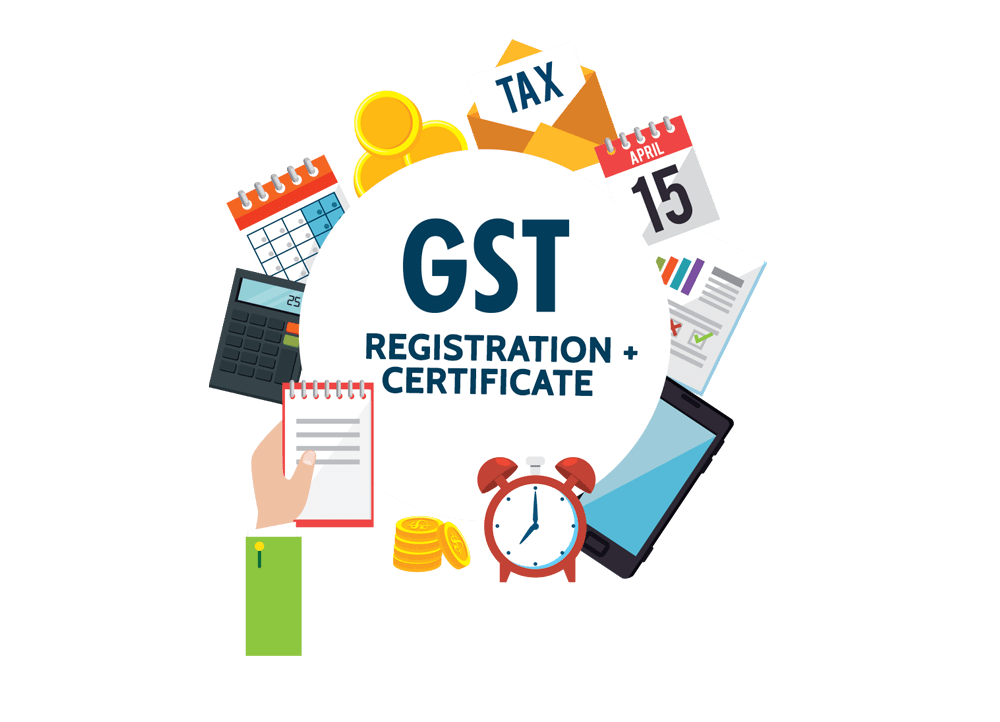Necessary Guide to Singapore GST Registration for New Businesses
Necessary Guide to Singapore GST Registration for New Businesses
Blog Article
Navigating the Intricacies of GST Registration: Expert Tips and Finest Practices for Easier Conformity
From deciphering enrollment demands to harnessing technological devices for structured processes, the journey in the direction of smoother GST conformity is nuanced and complex. Stay tuned to discover necessary strategies and understandings that can aid businesses steer via the complexities of GST registration with skill and confidence.
Recognizing GST Registration Requirements

Along with turn over limits, businesses taking part in interstate sales or providing taxable services might additionally be needed to register for GST, even if their turnover is listed below the suggested limit (Singapore GST Registration). Understanding these requirements and thresholds is necessary to avoid charges and ensure smooth operations within the legal structure
Moreover, services must gather and prepare the essential paperwork, such as evidence of identity, address, company consolidation, and bank account information, before starting the GST enrollment procedure. Falling short to provide precise info or fulfill the enrollment deadlines can lead to penalties or other legal repercussions. Organizations should remain notified about the specific GST registration demands relevant to their operations to preserve conformity and stay clear of prospective problems.
Organizing Necessary Paperwork
Businesses embarking on the GST enrollment procedure should carefully assemble and arrange the crucial paperwork needed for entry. The essential documents typically required for GST registration consist of evidence of service enrollment or identity, address and unification evidence of the service owners or companions, checking account details, proof of major workplace, and consent types. Guaranteeing that these records are easily offered and organized can improve the registration process and avoid beings rejected or delays.
To efficiently arrange essential documentation, organizations must develop a central system for keeping and categorizing the needed paperwork (Singapore GST Registration). Making use of electronic storage solutions can help keep simple accessibility and ensure that files are securely saved. In addition, developing a list of all necessary files can work as a practical device to track what has actually been collected and what is still required for submission

Leveraging Technology for Effectiveness
Enhancing operational performance via technological combination is extremely important for modern companies browsing the intricacies of GST enrollment. One of the crucial ways modern technology can help in GST enrollment is with the use of automated software application remedies.
Additionally, technology can facilitate smooth interaction with tax authorities. On the internet websites and interaction devices make it possible for services to send documents, fix questions, and get updates in an extra effective fashion. This not just accelerates the registration procedure yet also assists visit our website in maintaining trusted and transparent interaction with the appropriate authorities.
Moreover, cloud-based storage solutions provide a safe and secure system for businesses to shop and gain access to their financial data, ensuring compliance with GST record-keeping needs. By centralizing data storage and automating processes, organizations can boost their general performance and precision in GST enrollment procedures.
Proactive Compliance Monitoring

To ensure reliable proactive conformity tracking, organizations must establish durable interior controls, conduct periodic audits, and leverage automation tools for real-time tracking of GST purchases. Normal training sessions for staff members on GST compliance demands can likewise help in creating a society of conformity within the company. In addition, engaging with tax professionals or professionals can provide beneficial insights and advice on navigating complex GST policies.
Engaging With Specialist Consultants
Involving experienced tax obligation experts can dramatically strengthen a business's understanding and conformity with detailed GST laws. Professional consultants bring a wealth of expertise and experience to the table, helping businesses navigate the intricacies of GST enrollment with ease. By leveraging their competence, companies can make sure exact filings, decrease the danger of errors, and remain current with the most recent governing adjustments.
When involving with expert professionals, it is important to pick specialists with a solid record in GST compliance (Singapore GST Registration). Search for specialists that have a deep understanding of the appropriate regulations and guidelines, along with experience collaborating with businesses in your industry. Reliable communication is type in this partnership, so make certain to plainly Check This Out define your expectations and develop routine touchpoints to go over progress and attend to any problems
Moreover, professional specialists can offer important understandings and suggestions on optimizing your tax method, determining possible cost-saving possibilities, and simplifying your compliance procedures. On the whole, buying specialist consultancy solutions can go a lengthy method in guaranteeing smoother GST compliance and staying clear of expensive blunders.
Verdict
To conclude, navigating the complexities of GST enrollment needs a thorough understanding of the needs, organization of necessary paperwork, leveraging technology for effectiveness, positive compliance surveillance, and involvement with expert specialists. By adhering to these finest methods, organizations can ensure smoother conformity with GST regulations and prevent prospective penalties or penalties. It is necessary to remain educated, proactive, and attentive in explanation taking care of GST enrollment to keep compliance and promote economic honesty.
To make certain conformity with tax obligation laws, businesses must extensively understand the elaborate demands for GST registration. Goods and Provider Tax (GST) is a value-added tax imposed on most products and solutions in a country, making it vital for businesses to register for GST to avoid legal consequences.Additionally, services have to gather and prepare the required documents, such as evidence of identification, address, company incorporation, and financial institution account information, prior to starting the GST registration process. Companies should stay informed regarding the certain GST registration demands relevant to their procedures to preserve compliance and avoid prospective problems.
The essential papers normally required for GST registration consist of evidence of business registration or address, consolidation and identity proofs of the company owners or companions, financial institution account information, evidence of major area of service, and authorization types.
Report this page